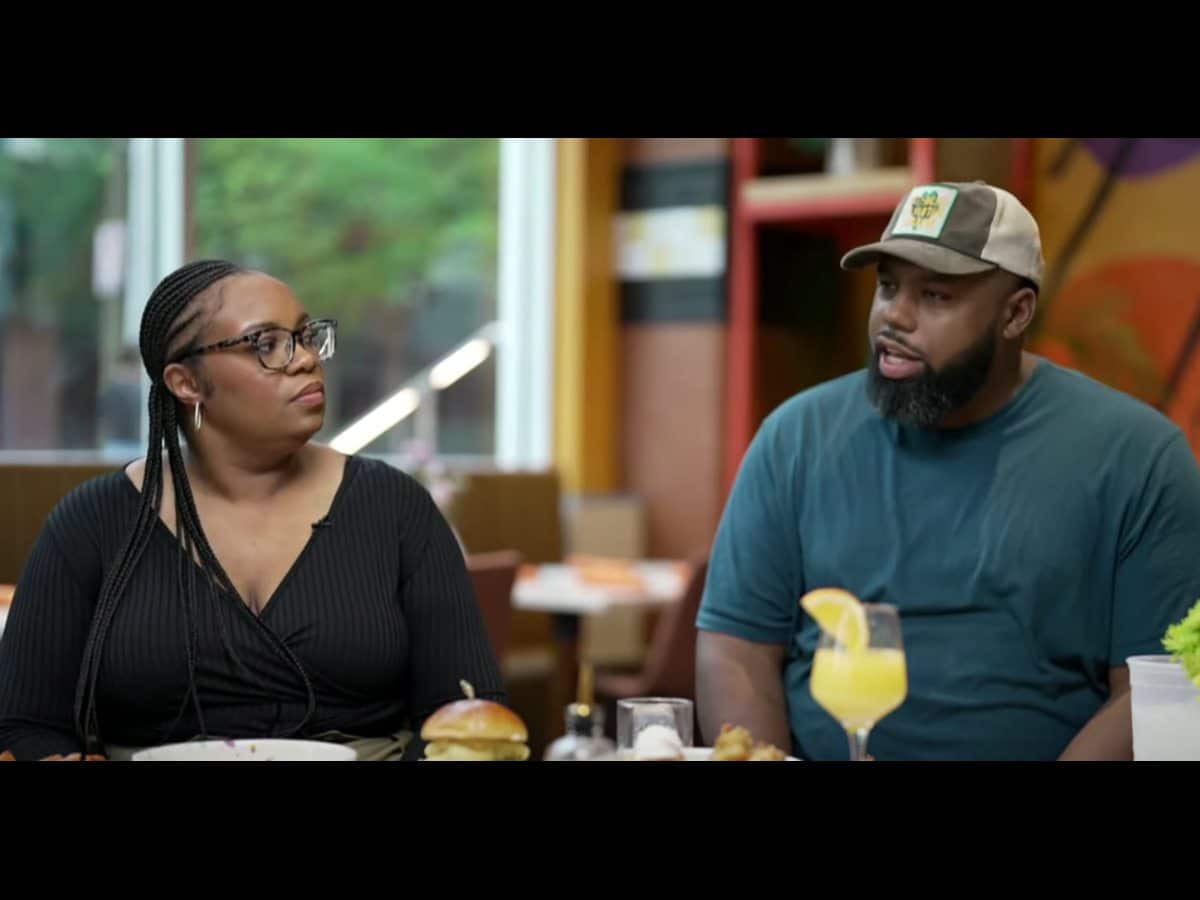Curtis Jackson, popularly known in the entertainment industry as 50 Cent, started as an African-American rapper, actor, and producer but has since combined music with entrepreneurship.
One of his first business moves was the establishment of a record label known as G-Unit. Through G-unit, he released several albums and also uncovered several artists. Aside from forming G-Unit, he also pursued other business ventures such as acting and forming a boxing promotion firm known as Money Team.
In 2015, he filed for bankruptcy after spending lavishly on real estate, cars, and lawsuits. In filing for bankruptcy, 50 Cent’s reported assets valued in the range of $10 million to $50 million. The rapper said he had debts of equal amounts. It turned out that filing for Chapter 11 bankruptcy was “strategic” as it helped 50 Cent “offset costs” he faced due to some lawsuits.
“When you’re successful and stuff, you become a target. I don’t wanna be a bullseye. I don’t want anybody to pick me as the guy that they just come to with astronomical claims and go through all that. I’m taking precautions that any good business person would take in this situation,” the rapper explained.
In 2003 and 2008, he founded G-Unit Films and Cheetah Vision respectively, and in 2010, the latter secured $200 million funding.
In 2021, Face2Face Africa estimated his net worth to be around $30 million as he continues to succeed in various ventures. Besides owning a liquor company and being co-creator and executive producer of the STARZ TV series “Power,” the rapper recently opened a studio in Shreveport, LA, which is reportedly the second largest Black-owned studio after Tyler Perry Studios.
In a recent engagement, 50 Cent revealed how he went from zero to hero while revealing one of those “unwritten laws of business.” Speaking at the Invest Fest in Atlanta, GA, he noted that one of the unwritten laws of business is to not appear to need anything.
“One of the unwritten laws of business is to not appear to need anything,” he said during Invest Fest, according to HipHopDX. “Because everybody will do you a favor when you don’t need one. If they can expect a bigger favor in return or a favor from you at some later point, they’ll find the ability to just do it.”
He added: “That’s why when they tell me no, I go — if television say[s] they [are] going on strike, I say, ‘Okay, I’m on tour.’ That last tour [the Final Lap Tour], I did 103 shows. It’s the third-highest-grossing Hip-Hop tour ever.”










